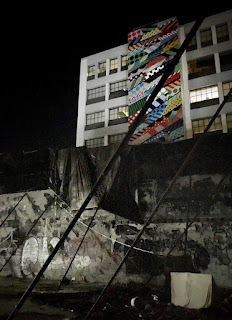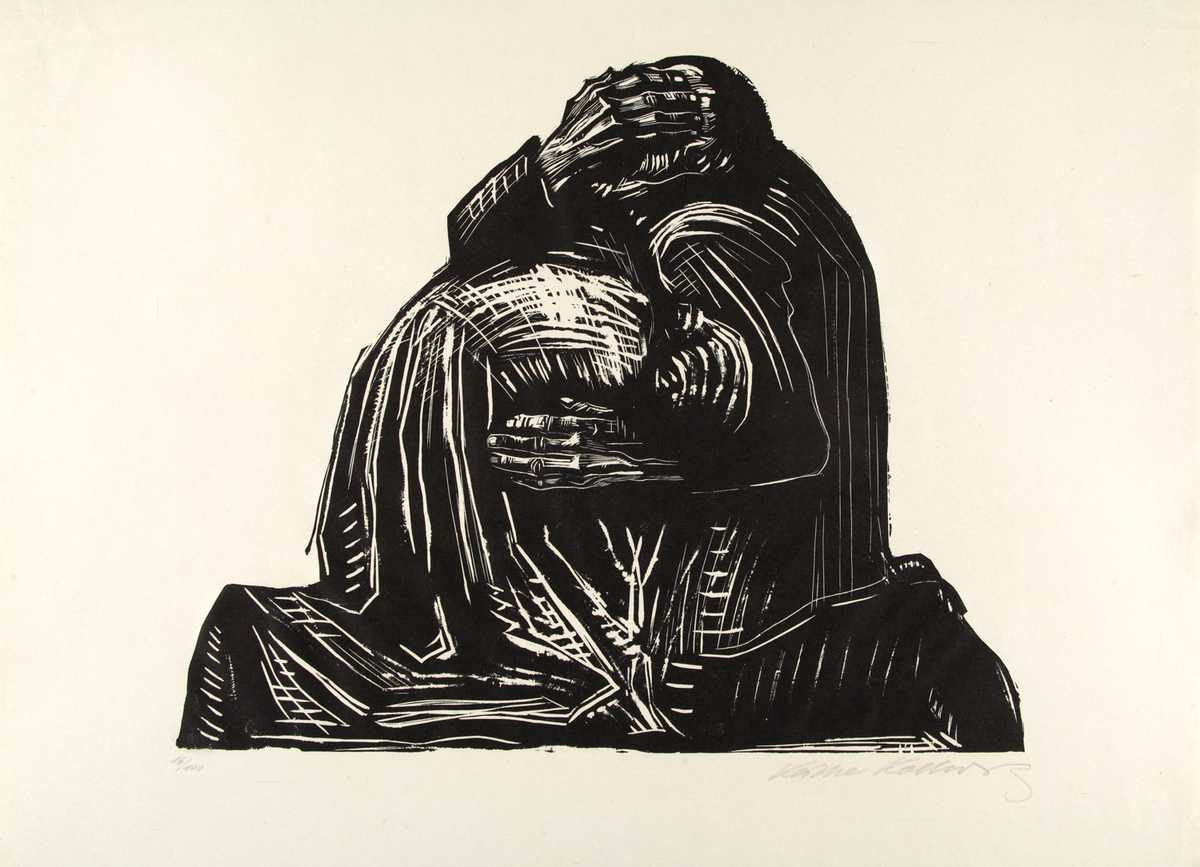Paul Frölich and Rosa Luxemburg

Paul Frölich’s biography of Rosa Luxemburg is an engrossing and informative read. Far shorter than the perhaps better-known two-part work by J.P. Nettl, the work is no less important for understanding Luxemburg’s life, times, and massive theoretical contributions. I’ve never fully appreciated the importance of Luxemburg’s work until now: it’s one thing to know the laudatory quotes (Frantz Mehring called her “the best brain after Marx,” and Lenin likened her to an eagle sorrowing over all her detractors) and another experience the full power of her thought. Frölich follows Luxemburg’s life from her early years in Poland to a seasoned revolutionary at the end of World War One. Along the way, he describes many important events taking place in European socialism such as the revisionist dispute surrounding Edward Bernstein and the parliamentary entryist debate surrounding Alexandre Millerand. Massive events of world importance loom overhead, including the first and second Russian Revolution...




